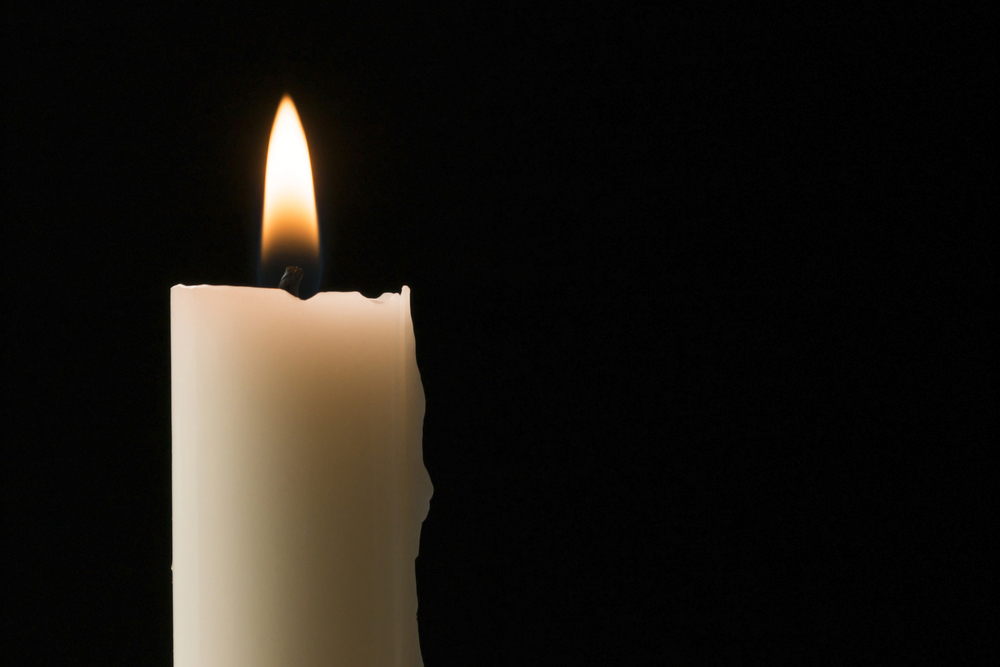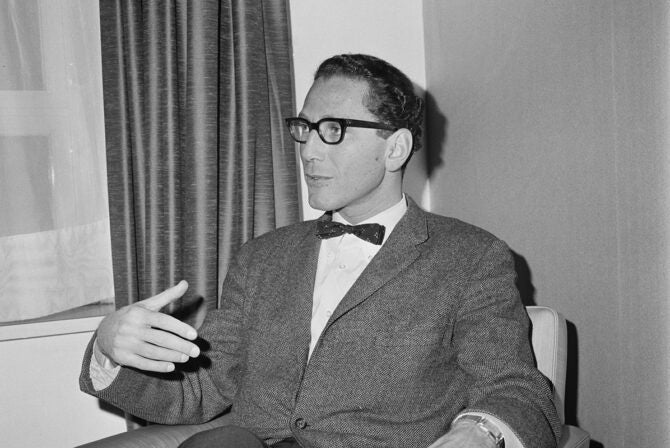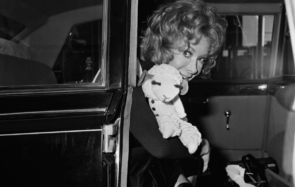So, someone has passed away, and you’re going to pay a shiva call, a visit to the home of the family of the person who died. Here are some tips to help guide your visit.
1. What is Shiva?
Shiva is the week long period of mourning following a loved one’s death. During this time, family members traditionally gather in one home to receive visitors. The word “shiva” means seven, signifying the seven day mourning period in which mourners are supposed to sit low to the ground.
2. Keep this in Mind
Shiva is a time to show support to the family of the person who died. Even if you knew the person who died, and you’re personally devastated, it’s important that at the shiva, you make an effort to be a comforting presence to the family. If you’re so emotional that you think you can’t get past your own grief you may want to plan a very short visit, or send a card instead.
3. Before You Go
Different families make different choices about where, when, and how long they want to sit shiva. Usually the shiva is held in the home of the deceased, but this is not always possible or convenient for the family, so it’s best to check. Traditionally shiva lasts for seven days, starting immediately after the funeral, but some people choose to observe fewer days of shiva. Find out how long the family will be sitting shiva, and if they have designated hours for visitation. Some shiva houses are open for shiva calls all day, others only for a few hours in the morning and/or evening. Check ahead of time to make sure you don’t show up at a time when the family was hoping to grieve privately. This information is often available from the funeral home or the synagogue that the family belongs to. If all else fails, call the house.
4. What to Wear
A shiva need not be a formal occasion, but it’s important to dress respectfully. Go for something simple.
5. What to Bring
Many communities will have set up a rotation of people bringing meals to the mourners during and immediately after the shiva. If you’d like to help by bringing a meal, see if you can find out if someone is coordinating such efforts, and be in touch with them. You can also bring some prepared food with you when you make the shiva call. If you’re not into cooking, and don’t want to get something delivered, consider bringing a plant, or a book (a book about mourning or grief is a good choice). It’s customary not to bring flowers to a shiva, because flowers die.
6. Bring the Kids?
The deciding factor here should be whether or not the mourners know (and like) your kids, and whether there will be other kids there. If the grandmother of one of your daughter’s preschool friends dies, and you know her parents are sitting shiva, it might be nice to bring your daughter over to play for a bit while you visit with the parents. If you don’t think there will be any kids there, or if the mourners don’t know your children, you may want to leave the kids at home.
7. When You Arrive
Some shiva houses have a pitcher with water just outside the front door on the day of the funeral. Because cemeteries are places of spiritual impurity, there is a custom of washing your hands before entering the house after having gone to the cemetery. You can choose if you’d like to wash your hands with the pitcher and water provided.
8. Inside the Home
You may notice that the mirrors are covered inside a shiva house, and the relatives of the deceased sit on couches or seats that have been stripped of their cushions. The covered mirrors symbolize the absence of vanity and self-indulgence in a place of grief, and the low seating is a throwback to a time when sitting on the ground symbolized mourning. Other common customs include wearing a shirt or a ribbon that has been torn over the heart, to symbolize the way that grief tears at our hearts, and going barefoot, because shoes were traditionally seen as luxury items.
9. What Should I Say?
There is a tradition not to greet people at a shiva house, and in fact not to speak at all until one of the mourners has first spoken to you. Though this may seem strange, the idea is that there really isn’t much that one can say to someone experiencing profound loss. And they may not want to talk at all. Of course, not everyone observes this custom, but if you walk into a shiva house and find it eerily quiet even though it’s filled with people, this is probably what’s going on.
If the mourner does seem to be in the mood to talk, shiva is a great opportunity to share some memories of the deceased. If you didn’t know the person who died, you can ask the mourners to tell you some of their favorite memories. Many families take out family photos at a shiva, and they can be a nice way to get a mourner to share some stories about the person who passed away.
If you can’t think of anything else to say, there is a traditional line for Jewish mourners: in Hebrew, “Hamakom yenachem etchem b’toch sha’ar avlei tzion ve’yerushaluyim” or in English, “May God comfort you with the mourners of Zion and Jerusalem.”
10. Afterwards
A really nice thing to do at a shiva is offering to come by and spend some time with the person after shiva is over. Getting back to everyday life after a loss is difficult, and it can be really meaningful and nice for people to know that you’re still happy to be supportive when shiva is done. If they have kids, offer to set up a playdate, or just ask if they’d like to have a coffee or take a walk the next week. A small gesture like this can go a long way to making sure someone knows you care and have them in your thoughts.








